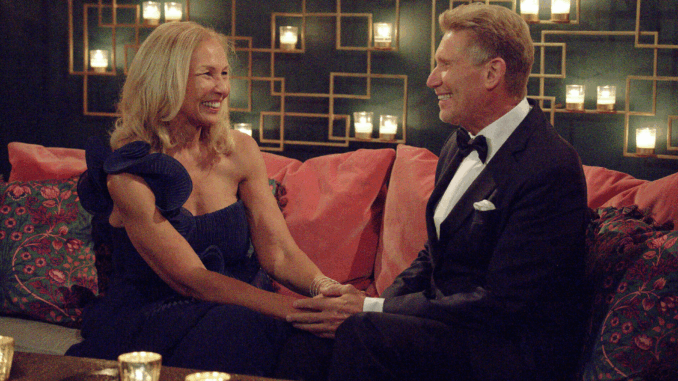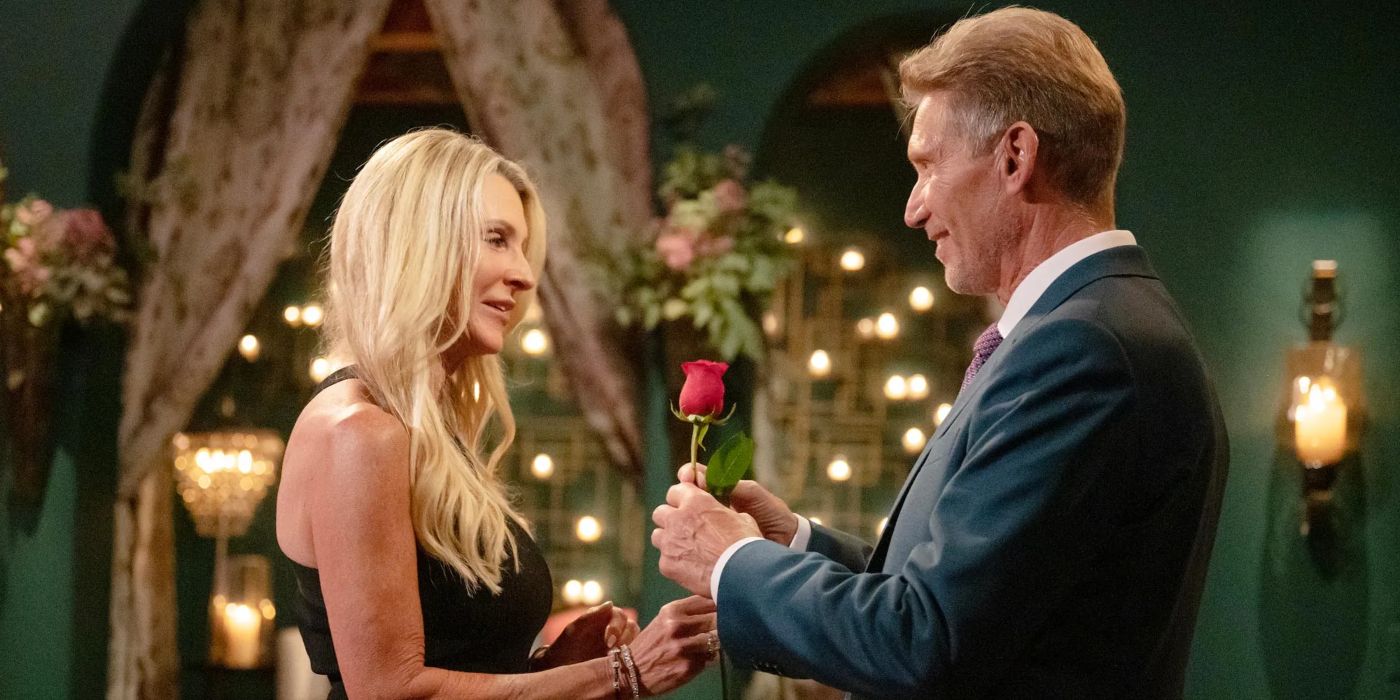
The Quiet Revolution of a Prime-Time Classic
Reality TV has long been associated with drama, youth, and fleeting romances. But The Golden Bachelor quietly challenges all those assumptions — and wins. At its core, this isn’t just a show about finding love. It’s a thoughtful meditation on what love looks like after decades of life, and how connection can still bloom even in the golden years.
With its soft lighting, piano-driven soundtrack, and deeply personal confessions, the series presents an unexpected turn for the Bachelor franchise: a show that values reflection over reaction, empathy over entertainment.
Why It Feels Different — And Why That Matters
Older Cast, Deeper Stakes
In traditional Bachelor seasons, contestants are often in their 20s or 30s, navigating early adulthood, ambition, and chemistry. But The Golden Bachelor offers a different lens. These contestants are in their 60s and 70s. They’ve lived, lost, loved, and survived life’s toughest chapters.
That experience gives the relationships on the show more gravity. The stakes are different — not about fairy tale weddings or viral fame, but about companionship, presence, and peace. For many, it’s about finding someone to share the rest of life with — not just the spotlight.
Real-Life Wisdom Over Reality Tropes
You won’t find petty squabbles or social media scandals here. What you will find are quiet moments of honesty: conversations about grief, retirement, illness, second chances, and even fear of dying alone. It’s tender, brave television.
Gerry’s discussions with the women often go far beyond “Do you like to travel?” Instead, he asks about emotional healing, daily routines, and what joy means in this stage of life. It’s both refreshing and quietly radical.
The Power of Representation
A New Narrative for Aging
One of the most impactful elements of The Golden Bachelor is its representation of aging as something vibrant, romantic, and beautiful. Popular culture often paints older adults as fragile or out-of-touch. But here, we see men and women who are witty, magnetic, stylish, sensual — and full of desire for connection.
Faith’s motorcycle rides. Susan’s bold fashion. Leslie’s dancing. These moments remind audiences that aging doesn’t mean fading. It can mean reawakening.
Visibility Breeds Empathy
Viewers across generations — especially millennials and Gen Z — have responded with unexpected enthusiasm. Why? Because everyone fears aging, yet yearns to believe that love still awaits us at every chapter. The Golden Bachelor demystifies aging, and in doing so, softens that fear.
And for older viewers, the show provides visibility. It says: “You matter. Your love story is still valid.”
An Authentic Kind of Romance
Emotional Safety, Not Just Passion
Instead of hot tub make-outs and declarations of love in week two, The Golden Bachelor prioritizes emotional safety. Gerry constantly checks in with contestants: “How are you feeling today?” “Do you feel seen?” “Do you want to continue?” These questions are small but powerful, reflecting an emotional maturity rarely celebrated on screen.
And when kisses happen, they aren’t just physical. They’re tender. They come after shared tears, long talks, and the kind of trust that builds slowly.
Conclusion: The Love We All Deserve
The Golden Bachelor isn’t just good TV — it’s meaningful TV. It tells stories we’ve been ignoring for too long: of people who’ve lost and dared to love again, of aging without apology, and of finding intimacy without artifice. In Gerry’s calm voice and the women’s warm laughter, we don’t just see a show — we see a future we can believe in.